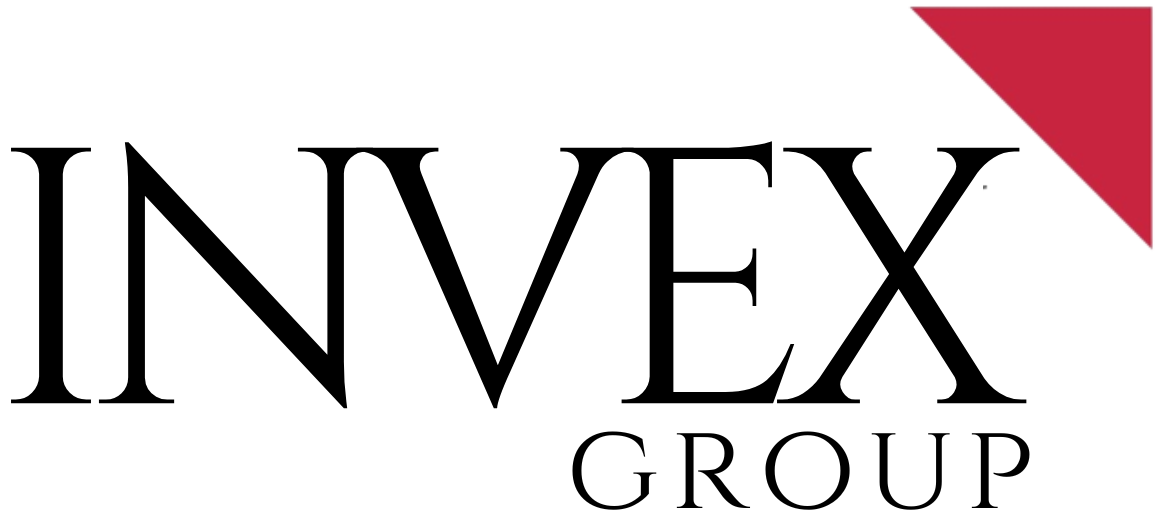HIRE Act Proposal Draws Attention Across Tax and Accounting Community
Recently introduced legislation would impose an excise tax on payments to foreign persons for services that directly or indirectly benefit U.S. consumers — and tax and accounting firms are taking note.
The HIRE Act
Last month, first-term Senator Bernie Moreno (R-OH) proposed the Halting International Relocation of Employment (HIRE) Act, S. 2976, to establish a 25% tax on “outsourcing payments.” The bill defines these as payments made “in the course of a trade or business” to a “foreign person” for “labor or services” that are “directed, directly or indirectly, to consumers located in the United States.”
The bill would also prohibit deductions for companies’ outsourcing payments by adding these payments to the list of taxes for which deductions are not allowed under IRC §275.
Funds raised by the new tax and related penalties would be placed into a Domestic Workforce Fund to support workforce development and retraining programs, apprenticeship programs, industry partnerships, and state workforce initiatives through the Department of Labor.
Initial Effort Fails
Although the bill was formally introduced early this month, Senator Moreno sought unanimous consent to pass it in the Senate on September 16. In his floor remarks, Moreno said that “corporations, unfortunately, chase slave wages in other parts of the world where they can pay people $5 a day.” He added that his bill is not meant to “control what corporations do,” but to “create guardrails.”
Senator Jacky Rosen (D-NV) objected to the request. She agreed that “cracking down on outsourcing and supporting American workers is an important goal,” but said that “for some things, this isn’t the way we make laws.” Rosen explained that complex legislation requires committee review and collaboration. She added, “You have my commitment to move forward. I am with you.”
Moreno is not a member of the Senate Finance Committee, nor is Rosen, and it is unclear if members of that committee support the effort. Currently, Moreno is listed as the sole sponsor of the HIRE Act.
Tax Community Reacts
While much recent attention in Washington has focused on government funding, the tax and accounting community has also taken note of Moreno’s bill.
KPMG’s John Gimigliano said that “Washington is suddenly all abuzz” about the proposal, adding that “my phone will not stop ringing with folks asking about this bill.”
KPMG’s Jennifer Acuna noted that if a Senate Finance Committee member had released the proposal, “it’s totally acceptable to be panicking.” Still, as it stands, “it is certainly not time to panic.”
PwC’s Janice Mays commented that “thousands of bills are introduced every year. This is one of those.” She added that it is “not a particularly well-known one, unless we make it well known at this point.”
Mays explained that combining the 25% tax and the limitation on deductions for outsourcing payments could result in a 46% tax rate.
The Tax Foundation’s Alan Cole described the proposal as “triple taxation relative to the normal single layer applied by traditional global income taxes.” That triple tax would include the current tax on “the U.S. portion of value-added,” a tax on the “foreign portion of value-added,” and the new 25% excise tax.
McDermott Will & Schulte’s Caitlin Howe and John Karasek said that “businesses should be aware that a truly seismic change affecting nearly all companies that leverage offshore outsourcing and multinational enterprises may be imminent.” They predicted impacts on foreign service providers, U.S. companies with foreign vendors or service providers, and foreign affiliates serving U.S. consumer-facing operations.
They also noted that the bill leaves open questions about how a “benefit” to a U.S. consumer would be defined, as well as technical issues such as mixed payments and apportionment. Cole added that the bill would require “tracing foreign work that serves U.S. consumers” — something he described as “often impossible to determine in practice.”
Support and Next Steps
So far, statements in support of the bill have been limited. Moreno said that Charter Communications has endorsed the HIRE Act, stating that it “recognizes the value of a high-quality, onshored workforce.”
Moreno’s office had not responded to Checkpoint’s inquiry about additional support as of press time.
Acuna said that now is the time for businesses and stakeholders to provide feedback on the HIRE Act to Moreno’s office and to the Senate Finance Committee.
She expressed skepticism about the proposal passing on a bipartisan basis, though she noted that both parties have made efforts to “stop the bleed of jobs overseas.” More recently, those efforts have shifted toward “tilting the economic incentives” around job location.
While tackling outsourcing may be a bipartisan issue, Acuna noted that “the way the parties go about executing that policy goal has been very different.” She said the most likely path for the HIRE Act to advance would be as part of a Republican reconciliation bill, which could be passed anytime between now and the end of fiscal year 2026.

